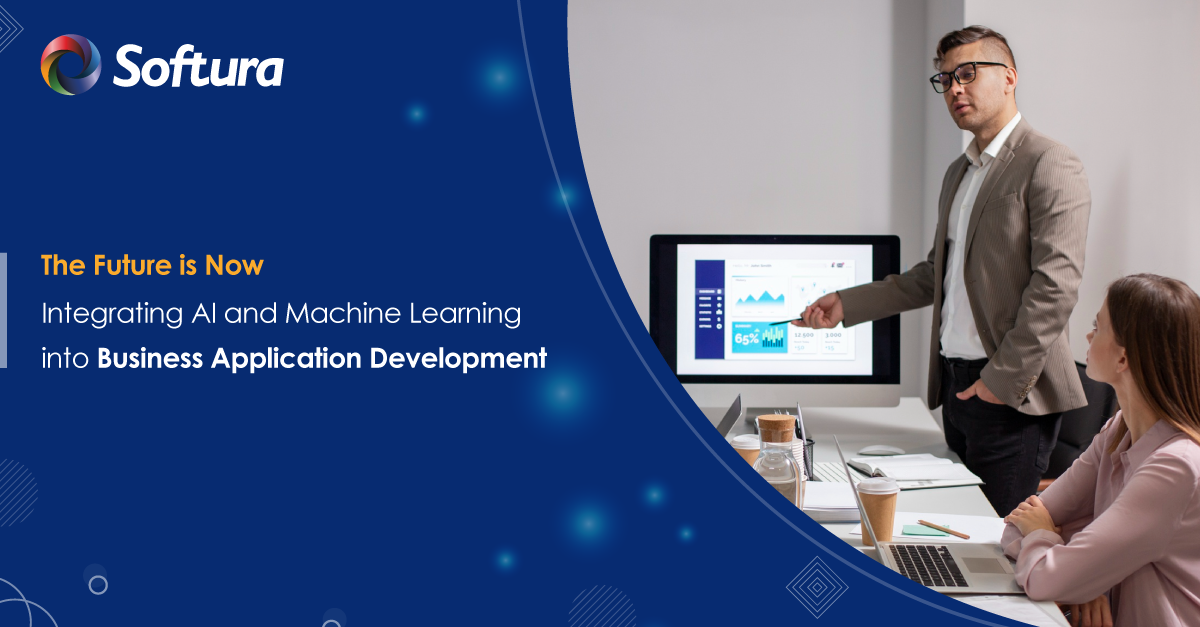Automation, driven by AI, is reshaping industries. Routine, repetitive tasks that once consumed man-hours are now executed seamlessly by machines, allowing humans to focus on more strategic, creative endeavors. Take Amazon for instance. In their mammoth-sized warehouses, machine learning algorithms play a pivotal role in product sorting and packaging. This AI-driven approach streamlines operations and has led to an efficiency boost of up to 20%. In essence, automation doesn't replace humans; it empowers them to operate at a higher capacity.
The modern consumer craves personalization. Generic, one-size-fits-all content often falls on blind eyes and deaf ears. Businesses that understand and cater to individual customer preferences have a competitive edge. Spotify, the music streaming juggernaut, is a testament to this. Their 'Discover Weekly' feature is a curated playlist for every user, assembled using machine learning based on
the listener's habits. As a result, users receive a fresh list of tunes every Monday tailored just for them, leading to increased engagement and loyalty.
When cyber threats loom large, traditional security measures often fall short. AI and ML augment cybersecurity by continuously learning from data, recognizing anomalies, and detecting potential threats before they escalate. Darktrace, a leading cybersecurity firm, harnesses the power of machine learning to offer real-time threat detection. Their systems monitor network behaviors, identifying and mitigating unusual patterns that might signify a breach, thereby fortifying digital assets and ensuring data integrity.
The integration of AI and ML in business operations is a paradigm shift. Their transformative potential can redefine industry standards, setting new benchmarks in efficiency, personalization, and security. Businesses that embrace and harness this power will be the trailblazers of tomorrow.
